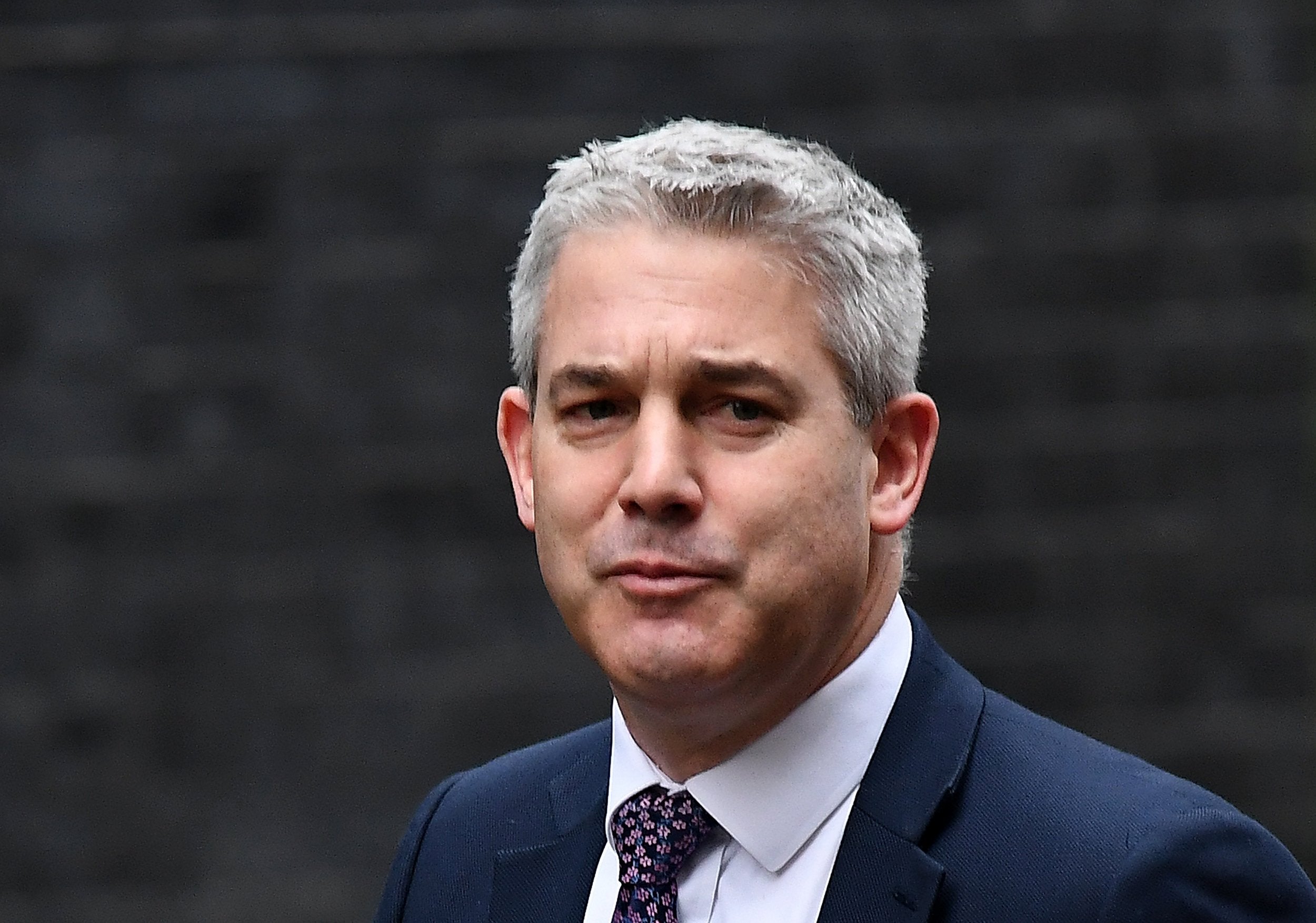Your support helps us to tell the story
From reproductive rights to climate change to Big Tech, The Independent is on the ground when the story is developing. Whether it's investigating the financials of Elon Musk's pro-Trump PAC or producing our latest documentary, 'The A Word', which shines a light on the American women fighting for reproductive rights, we know how important it is to parse out the facts from the messaging.
At such a critical moment in US history, we need reporters on the ground. Your donation allows us to keep sending journalists to speak to both sides of the story.
The Independent is trusted by Americans across the entire political spectrum. And unlike many other quality news outlets, we choose not to lock Americans out of our reporting and analysis with paywalls. We believe quality journalism should be available to everyone, paid for by those who can afford it.
Your support makes all the difference.British Brexit negotiators are trying to convince the EU that the controversial Irish “backstop” the two sides agreed to, is actually unlawful under the bloc’s own treaties.
Speaking after a tour of EU chiefs in Brussels and Strasbourg on Tuesday, Brexit secretary Stephen Barclay said he believed the indefinite backstop was in fact not legal because “Article 50 under the European treaty says that it must be temporary”.
He said this argument was “very much the message that we’ve taken to European leaders” – the latest glimpse inside the UK’s frantic efforts to try and extract a change in policy.
“The key issue is that we need to deliver an outcome that is legally binding on the backstop,” Mr Barclay told reporters after his meetings.
“That's the key issue because Article 50 under the European treaty says that it must be temporary and yet the advice from the UK attorney general sets out a concern that it could be indefinite.
“So this link between what is legally temporary under the Article 50 but what the UK attorney general has said could be indefinite is the key issue and that's very much the message that we've taken to European leaders.”
The EU has previously expressed legal doubts about whether the withdrawal agreement can be used to set the future relationship with the UK – thought here is no section of Article 50 that expressly says any of its provisions must be temporary.
Mr Barclay is among ministers and officials to have gone back to the continent to try and extract changes to the withdrawal agreement – after Brexiteer MPs instructed the government to ditch the backstop.
The EU says it will not reopen the withdrawal agreement, and that the UK should shift its red lines if it wants a more ambitious future relationship. Both sides say they are preparing for no deal.
The Brexit secretary would not answer whether he thought the changes he sought could be made without reopening the withdrawal agreement, saying only that “we’ve started a process”.
Asked whether he thought a deal could be sorted out before the March summit of the European Council he was also unclear, stating that “we’ve been very clear that time is of the essence”.
Speaking after his meeting with Mr Barclay, Guy Verhofstadt, the European parliament’s Brexit chief cast doubt on the value of talks.

“Despite meetings with UK representatives, including prime minister May, Lidington, and Barclay I’m yet to hear of a proposal to break Brexit deadlock,” he said.
“I ask myself: what are these negotiations at a ‘crucial state’ raised in the House of Commons? The way forward is cross-party, not kicking the can towards a disastrous no deal.”
On Monday, European Commission chief negotiator Michel Barnier said the EU was waiting for the UK to move and that in his meeting with Mr Barclay that evening he would merely repeat the EU’s well-known position that the withdrawal agreement could not be renegotiated.

Join our commenting forum
Join thought-provoking conversations, follow other Independent readers and see their replies
Comments